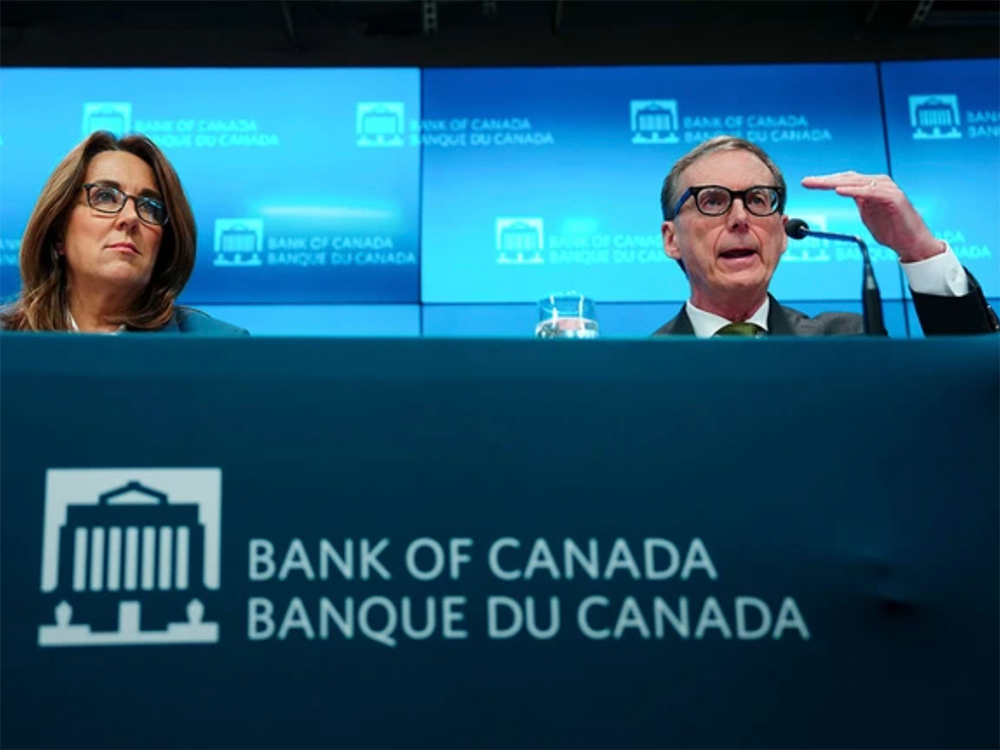Powell says inflation is still ‘soft’ and the Fed is committed to current policy

Inflation and employment remain well below the Federal Reserve’s goals, meaning easy monetary policy is likely to stay in place, central bank Chairman Jerome Powell said Tuesday.
Despite a sharp rise this year in bond yields that has accompanied heightened concern over inflation, Powell said price pressures remain mostly muted and the economic outlook is still “highly uncertain.”
“The economy is a long way from our employment and inflation goals, and it is likely to take some time for substantial further progress to be achieved,” the Fed chief said in prepared remarks for the Senate Banking Committee.
He added that the Fed is “committed to using our full range of tools to support the economy and to help ensure that the recovery from this difficult period will be as robust as possible.”
Markets pared losses after the release of Powell’s remarks though major averages remained negative across the board. Treasury yields briefly rose then fell back and were little changed on the session.
However, Powell’s statement did not mention the market’s most pressing concern: the jump in 2021 of longer-duration government bond yields to levels not seen since before the Covid-19 pandemic. The 30-year bond, for instance, is up more than half a percentage point and the benchmark 10-year yield has risen 44 basis points.
Powell noted that the pandemic “has also left a significant imprint on inflation” and on balance it is not a threat to the economy.
“Following large declines in the spring, consumer prices partially rebounded over the rest of last year. However, for some of the sectors that have been most adversely affected by the pandemic, prices remain particularly soft,” he said. “Overall, on a 12-month basis, inflation remains below our 2% longer-run objective.”
The Fed last year revised its approach to inflation. In the past, it would levy preventive rate hikes when it saw unemployment drop, thinking that a stronger job market would push up prices.
Now, it has adopted an approach in which it will allow inflation to average above 2% for a period of time before moving to tighten policy.
“This change means that we will not tighten monetary policy solely in response to a strong labor market,” Powell said.
‘Improved outlook’ ahead
As for the rest of his economic assessment, Powell was cautious, saying that even while gains have remained “uneven and far from complete,” the recent drop in coronavirus cases and the continued rollout of vaccines is offering hope.
“While we should not underestimate the challenges we currently face, developments point to an improved outlook for later this year. In particular, ongoing progress in vaccinations should help speed the return to normal activities,” he said. “In the meantime, we should continue to follow the advice of health experts to observe social-distancing measures and wear masks.”
Consumer behavior also presents a dichotomy, with spending on goods strong, as evidenced by blockbuster January retail sales, but spending on services still weak while many bars, restaurants and hotels across the country operate at limited capacity.
Powell also noted disparities in employment gains, saying that Blacks, Hispanics and other minorities are still struggling even as the unemployment rate has fallen from a pandemic high of 14.8% to the current 6.3%.
He also noted that the housing sector “has more than fully recovered from the downturn, while business investment and manufacturing production have also picked up.” Aggressive policy from both the Fed and Congress were big factors in the recovery, Powell added.
Correction: Powell is speaking before the Senate Banking Committee. An earlier version misstated the committee.




